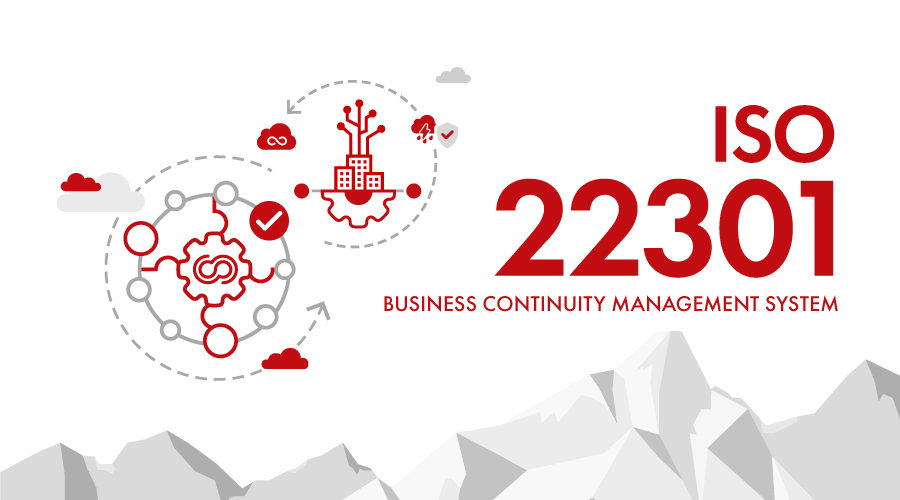Management System - Business Continuity Management ISO 22301

Principles of ISO 22301 Management System:
1. Resilience: ISO 22301 emphasizes the importance of building resilience within organizations to withstand and recover from disruptive incidents, ensuring the continuity of critical activities and services.
2. Proactivity: ISO 22301 promotes a proactive approach to business continuity, where organizations anticipate potential threats and risks, assess their potential impact, and develop appropriate strategies and plans to mitigate them.
3. Integration: ISO 22301 encourages the integration of business continuity management into the organization's overall management system, ensuring alignment with strategic objectives, operational processes, and other management disciplines.
4. Participation: ISO 22301 recognizes the importance of engaging stakeholders at all levels of the organization, as well as external partners, suppliers, and regulatory authorities, in the development, implementation, and testing of business continuity arrangements.
Benefits of Implementing ISO 22301 Management System:
1. Enhanced Resilience: ISO 22301 helps organizations improve their ability to respond to and recover from disruptive incidents, minimizing the impact on critical activities and services.
2. Improved Risk Management: ISO 22301 facilitates a systematic approach to identifying, assessing, and mitigating risks to business continuity, reducing the likelihood and severity of disruptions.
3. Enhanced Reputation and Credibility: Certification to ISO 22301 demonstrates an organization's commitment to resilience and reliability, enhancing its reputation and credibility with customers, partners, and stakeholders.
4. Cost Savings: ISO 22301 can lead to cost savings by reducing the financial impact of disruptive incidents, minimizing downtime, and avoiding potential losses in revenue and market share.
5. Compliance and Competitive Advantage: ISO 22301 helps organizations comply with regulatory requirements related to business continuity and gain a competitive advantage by demonstrating their ability to maintain continuity of critical activities and services.
ISO 22301 is an international standard that provides a framework
for establishing, implementing, maintaining, and continually improving a
business continuity management system (BCMS). Here's an overview of the key
components and principles of an ISO 22301 management system:
Key Components of ISO 22301 Management System:
1. Context of the Organization: Organizations must understand
their internal and external context, including their business environment,
stakeholders, and key dependencies, to establish a BCMS that is aligned with
their objectives and needs.
2. Leadership and Commitment: Top management must demonstrate
leadership and commitment to business continuity by establishing a policy,
defining roles and responsibilities, providing necessary resources, and
promoting a culture of resilience throughout the organization.
3. Planning: Organizations must develop strategies and plans to
ensure their ability to respond to and recover from disruptive incidents. This
includes risk assessment, business impact analysis, development of continuity
plans, and establishing recovery objectives and priorities.
4. Support and Resources: Organizations must provide the necessary
resources, including human resources, infrastructure, technology, and financial
resources, to implement and maintain the BCMS effectively.
5. Implementation and Operation: Organizations must implement and
maintain procedures and processes to ensure the effective operation of the
BCMS, including incident response, business continuity arrangements,
communication, and coordination with relevant stakeholders.
6. Performance Evaluation: Organizations must monitor, measure,
analyze, and evaluate the performance of the BCMS to ensure its effectiveness,
identify opportunities for improvement, and take corrective actions as
necessary.
7. Continual Improvement: Organizations must continually improve the effectiveness of the BCMS by learning from past incidents, conducting regular reviews and exercises, updating plans and procedures, and implementing lessons learned.
Overall, ISO 22301 provides a systematic and proactive approach to business continuity management, helping organizations build resilience, protect their reputation, and maintain continuity of critical activities and services in the face of disruptive incidents.

